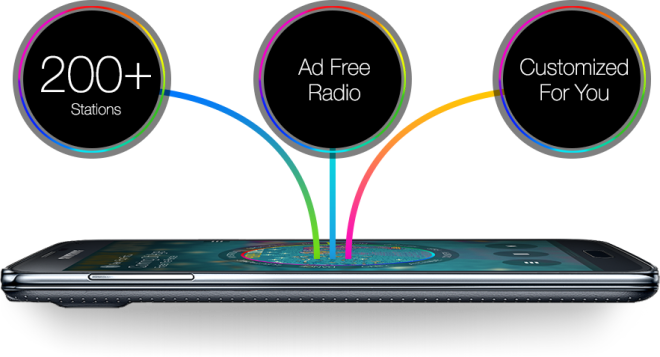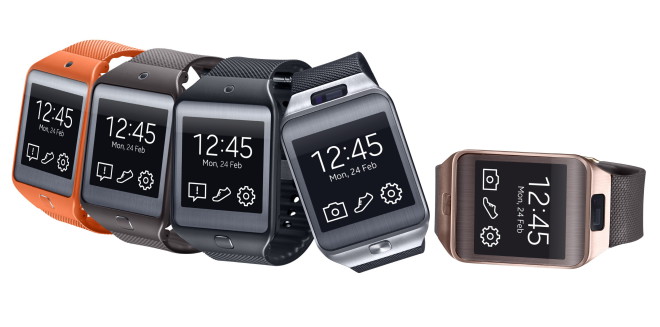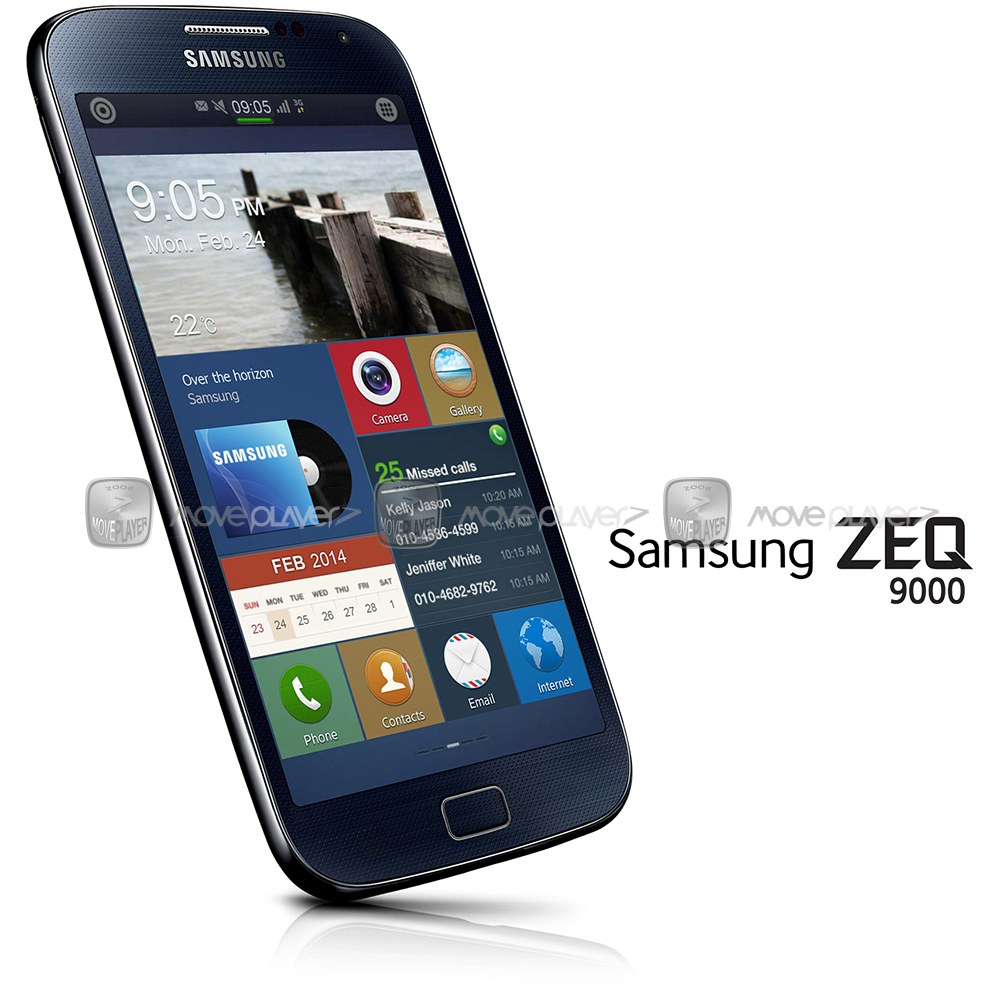 The Wall Street Journal published a new interview with the president of Samsung Media Solution Center, Won-Pyo Hong. The conversation focused mainly on the future of the Tizen platform, the success of Samsung's Milk Music music service, the connection of phones and other devices to cars, and other things that were more related to hardware and software than interesting things from inside the company.
The Wall Street Journal published a new interview with the president of Samsung Media Solution Center, Won-Pyo Hong. The conversation focused mainly on the future of the Tizen platform, the success of Samsung's Milk Music music service, the connection of phones and other devices to cars, and other things that were more related to hardware and software than interesting things from inside the company.
One of the first questions in the interview was about the Milk Music service. Won-Pyo confirmed that the company has seen 380 app store downloads to date, so it's still too early to call success. Samsung wants to expand the service to other types of devices, including tablets and computers. It also plans to launch a premium service that will offer additional features.
The company is also considering entering the automobile market, similar to Apple and Google. Samsung also wants to offer its own infotainment system, but it does not want to use its own system but the MirrorLink interface, which has been on the market for several years. Devices from Samsung should support the MirrorLink interface for several manufacturers, but Samsung has not revealed at all which car manufacturers will be involved. But one of them will definitely be BMW, as the company presented the compatibility of its watches and smartphones with electric cars from BMW. Samsung also indirectly hinted that in the future we can count on smart cars that can drive themselves:“Technological development is advancing much faster than ever before. If you imagine something becoming a reality in 10 years, it is very likely that the technology will be available within five years. This is exactly what has happened to us in this market for the last 20 years."
- You might be interested in: Samsung has become a partner of BMW and presents Galaxy experience

Won-Pyo Hong even hinted that Samsung might buy a mapping company in the future. He claims that while Samsung is a major seller of mobile devices and is interested in developing its own location services, it is still close to starting work on such software. But from a general perspective, software is a critical part of Samsung's business. The company invests much more money in software development than in hardware development, as it cares about providing a unique user experience. At the same time, the company is very interested in software designers, which does not mean that it does not care about employing programmers. Many of its services are currently available exclusively for Samsung devices, as Samsung's biggest revenue comes from hardware sales. But that may change in the future.
- You might be interested in: Samsung will start producing displays for iPad mini with Retina display

There were also questions about the Samsung Tizen platform. Samsung's operating system made its debut on the Gear 2 and Gear 2 Neo smart watches, and should later make its way to the first phones and tablets. Among others, it will be the Samsung ZEQ 9000, for which the company unsuccessfully applied for a trademark from the USPTO. Won-Pyo says the company intends to offer Tizen as an additional operating system alongside existing solutions, although internal plans have suggested that Samsung plans to end production of devices with Androidom because of a new lawsuit with Apple. However, there may be some truth to this statement.
Samsung wants to unify its electronics and wants all devices, including home appliances, to use one platform. This could ensure 100 percent compatibility within his "Internet of Things" project. This is a project by which Samsung wants to unify the cooperation of individual devices and wants these devices to be able to communicate with each other with minimal user intervention. A number of applications could also be available on the Tizen platform, as HTML 5 plays a key role in this system. And Samsung believes that HTML 5 has a great future and a large number of applications can be built on it.
- You might be interested in: A new photo confirms that Samsung is already testing Tizen phones in public

*Source: WSJ; sammytoday